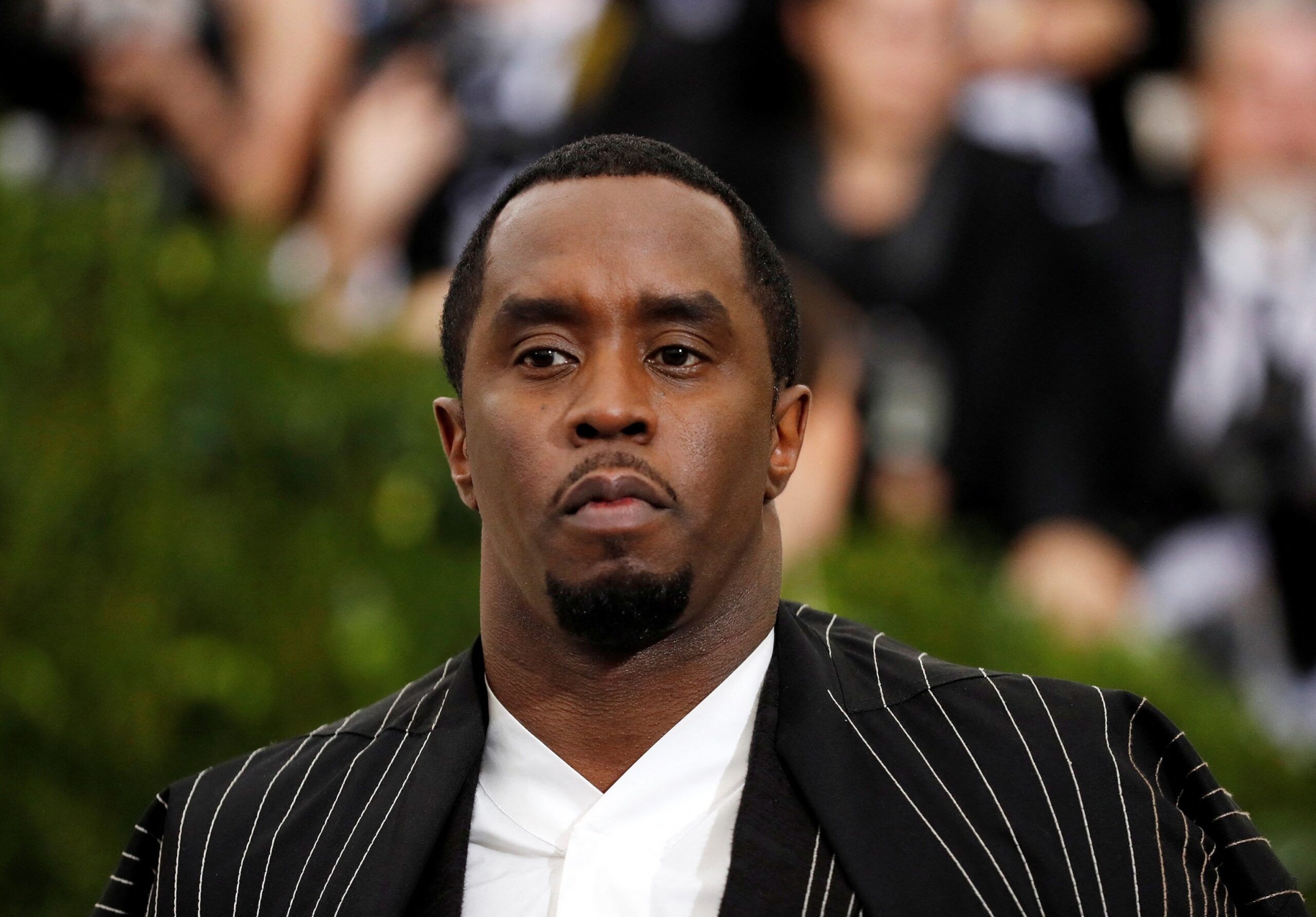
The name Diddy once echoed through the halls of pop culture like a titan, synonymous with groundbreaking music, audacious fashion, and an empire that spanned spirits, media, and finance. Sean “Diddy” Combs, the visionary behind Bad Boy Records, cultivated a persona of unparalleled success and influence, shaping the sound and style of an era. Yet, the gleaming facade of this cultural icon has spectacularly crumbled, replaced by the grim reality of a federal courtroom and the stark confines of a Brooklyn detention center. His upcoming sentencing on October 3 marks a pivotal moment, not just for Combs, but for the very narrative of celebrity, power, and accountability in America.
This in-depth exploration plunges into the heart of the Diddy saga, dissecting the legal intricacies, the visceral realities of his incarceration, and the profound personal and professional fallout of his dramatic downfall. We will peel back the layers of public perception and legal arguments, drawing exclusively from recent court submissions and testimonies, to understand the complex tapestry of events that have led one of hip-hop’s most enduring figures to this unprecedented crossroads. The narrative that emerges is a raw, unvarnished look at a pop culture titan facing the gravest challenges of his extraordinary, and now undeniably controversial, life.

1. **The Mann Act Conviction and Acquittals**
The legal thunderclap that reverberated through the entertainment world saw Sean “Diddy” Combs convicted on two counts of violating the Mann Act, a federal statute outlawing interstate commerce related to prostitution. This verdict, delivered by a Manhattan jury in July, carried a maximum penalty of 10 years in prison for each charge, casting a long shadow over the future of the Bad Boy Records founder. The convictions centered on evidence including flight records, hotel invoices, credit card charges, and video documenting Combs transporting former girlfriends and paid escorts across state lines for “freak-off parties.”
Crucially, the same jury delivered a powerful counter-message by exonerating Combs on significantly more severe charges of racketeering conspiracy and trafficking. These charges, had they resulted in conviction, would have mandated a minimum of 15 years in prison or even a life sentence. His lawyers emphatically argued this split decision represents an “affirmative indication of innocence” on the most serious allegations, suggesting the jury carefully differentiated between proven conduct and the intent or coercion constituting trafficking.
The distinction drawn by the jury is vital: while they found sufficient evidence for unlawful transportation related to work, they concluded there was “not enough evidence to prove that he coerced or forced the individuals involved.” This nuance underlines the legal battleground, where the prosecution established interstate movement for illegal sexual activity but fell short on demonstrating force, fraud, or coercion. It leaves Combs in a precarious position, convicted but also partially vindicated, facing a judge who must weigh this complex verdict.

2. **Shattered Legacy and Career Ruin**
The legal proceedings have inflicted an irreparable blow to Sean Combs’s public image and professional standing, effectively shattering a legacy meticulously built over decades. His lawyers, in their impassioned plea, declared, “Mr. Combs’s celebrity status in the realms of music, fashion, spirits, media, and finance has been shattered and Mr. Combs’s legacy has been destroyed.” This isn’t mere legal rhetoric; it reflects a catastrophic collapse from cultural omnipresence to profound disgrace.
Beyond the abstract notion of a tarnished legacy, the practical consequences have been brutal. “His life outside of jail has been systematically dismantled,” his legal team asserted, pointing to concrete losses. A once-vibrant business empire now lies in tatters, with significant commercial ventures lost and a palpable shift in public perception. The cancellation of a Hulu show starring Combs and his family, directly triggered by the public allegations, serves as a poignant emblem of how swiftly commercial opportunities evaporated.
Further underscoring his reputational ruin, Combs has been systematically stripped of accolades and positions. He was removed from the boards of three charter schools he founded in Harlem, the Bronx, and Connecticut. Howard University rescinded an honorary doctorate degree and announced plans to return prior donations. These actions collectively paint a grim portrait of a once-unassailable figure now thoroughly repudiated by institutions and industries that formerly celebrated him.
Read more about: The Ghosts of Tinseltown: Unearthing the Fatal Car Crash That Rocked Hollywood, and 13 Forgotten Scandals That Defined an Era

3. **Impact on Family and Employees**
The seismic fallout from Sean Combs’s legal woes has extended far beyond the man himself, inflicting “devastating consequences” upon his immediate family and loyal workforce. His seven children, navigating their father’s public downfall, have faced lost business opportunities in acting, television, fashion, and concerts. Painfully, some are included in the nearly 100 civil lawsuits filed against Combs since his arrest, dragging them into the legal maelstrom.
The economic devastation has also rippled through Combs’s professional ecosystem. More than 100 employees from his businesses have been let go, a stark indicator of his empire’s collapse. His lawyers highlighted the cruel irony that many former employees cannot secure new jobs due to their past association with Combs. This collective struggle paints a sobering picture of collateral damage, where livelihoods and futures are upended.
Moreover, the personal anguish of his family is palpable in the letters to the judge. His 84-year-old mother, Janice Combs, pleaded to “spend the last few years of my life with my son,” lamenting his “terrible mistakes” and her grandchildren’s “sleepless nights.” Dana Tran, mother of his youngest daughter, noted his absence has taken “a noticeable toll” on their two-year-old. These accounts underscore the profound emotional and familial cost of his incarceration and public scrutiny.
Read more about: Beyond the Hull: Decoding the U.S. Navy’s Path Forward – A Deep Dive into Admiral Caudle’s Vision and the ‘USS’ Legacy
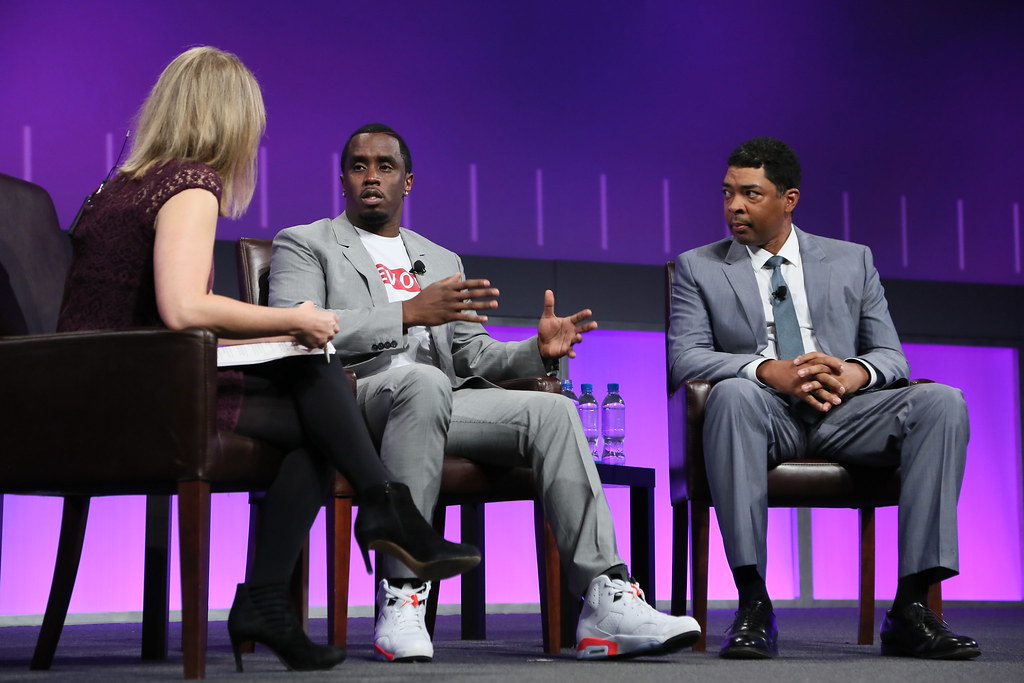
4. **Life Inside MDC Brooklyn: A Harrowing Reality**
Sean Combs’s nearly 13 months behind bars at the Metropolitan Detention Center (MDC) Brooklyn have been characterized by his lawyers as a harrowing ordeal, marked by “inhumane” living conditions and constant threats. Far from any imagined comforts for high-profile inmates, Combs’s daily existence has been stripped bare of safety and dignity, painted in stark relief by his defense team. The reality of his confinement, they argue, has been a severe form of punishment in itself.
His legal documents detail a life under constant duress. Combs has allegedly been on “constant suicide watch,” requiring him to present his identification card to guards every two hours, even while asleep, under brightly lit cells 24 hours a day. Beyond the psychological toll, physical dangers have also been reported. On one occasion, an inmate allegedly approached Combs with a shiv, a makeshift blade, accusing him of occupying a desired chair. Combs reportedly defused the volatile situation, highlighting the ever-present threat of violence.
The defense also enumerated deplorable living conditions. Combs reportedly has “limited access to clean water,” forcing him to heat his drinking water to avoid sickness. He sleeps “within two feet of other inmates in a dorm-style room with the bathroom in the same room, with no door.” He has “not breathed fresh air in nearly 13 months, or felt sunlight on his skin,” and suffers a painful knee injury requiring unreceived surgery. Perhaps most shockingly, the food, essential for a pre-diabetic, sometimes contains “expired processed pork, chicken and beef, which on any given day can contain maggots.”
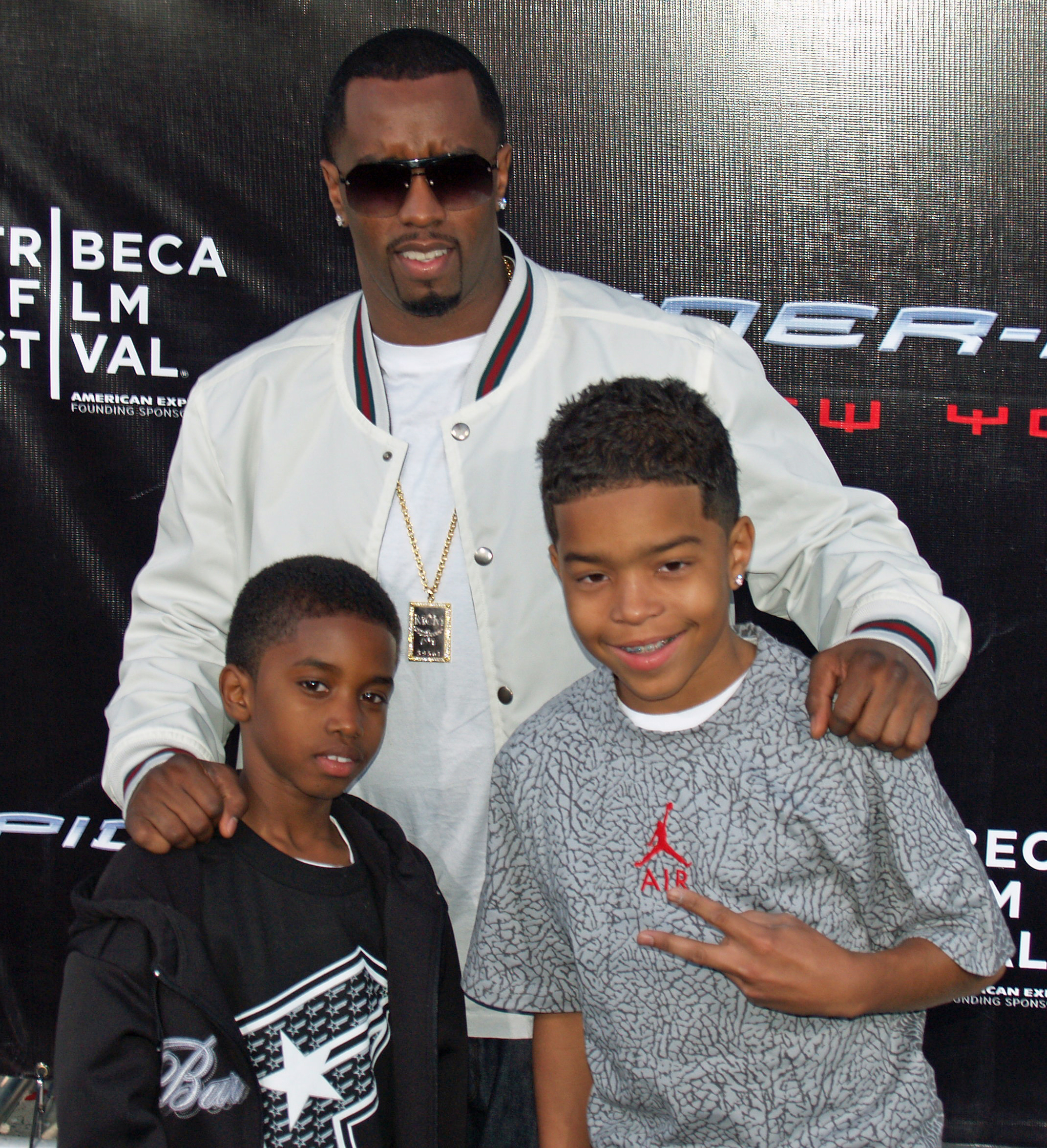
5. **The Journey to Sobriety: A 25-Year Battle Ends**
Amidst the grim accounts of prison life and legal battles, a powerful narrative of personal transformation has emerged from Sean Combs’s defense team: his attainment of sobriety for the first time in 25 years. His lawyers contend that the harsh reality of incarceration, for all its discomforts, has inadvertently provided a crucial catalyst for profound personal change, forcing him to confront long-standing substance abuse issues. This newfound clarity, they argue, has been instrumental in his journey towards becoming a “changed man.”
The defense submission explicitly linked Combs’s past “violent acts” to his “overuse of drugs, including some prescribed by doctors,” and his immersion in a “high-octane celebrity lifestyle.” They framed his past conduct as, in many ways, “a ‘, drugs, and rock n’ roll’ story,” acknowledging severe substance abuse problems that plagued him. By highlighting this, his legal team seeks to contextualize his past actions within a framework of addiction, not to minimize harm, but to explain underlying factors.
The purported shift from a life fueled by substances to one of sobriety is presented as a cornerstone of his rehabilitation. His adopted-sister Keisha Combs affirmed this change in her letter to Judge Subramanian, stating she has observed its positive effects. She wrote, “The dark veil of addiction, confusion, and the chaos of his life is gone.” This narrative of overcoming a quarter-century struggle with addiction is central to the defense’s argument for leniency, positing that his incarceration has already yielded significant, life-altering positive results.
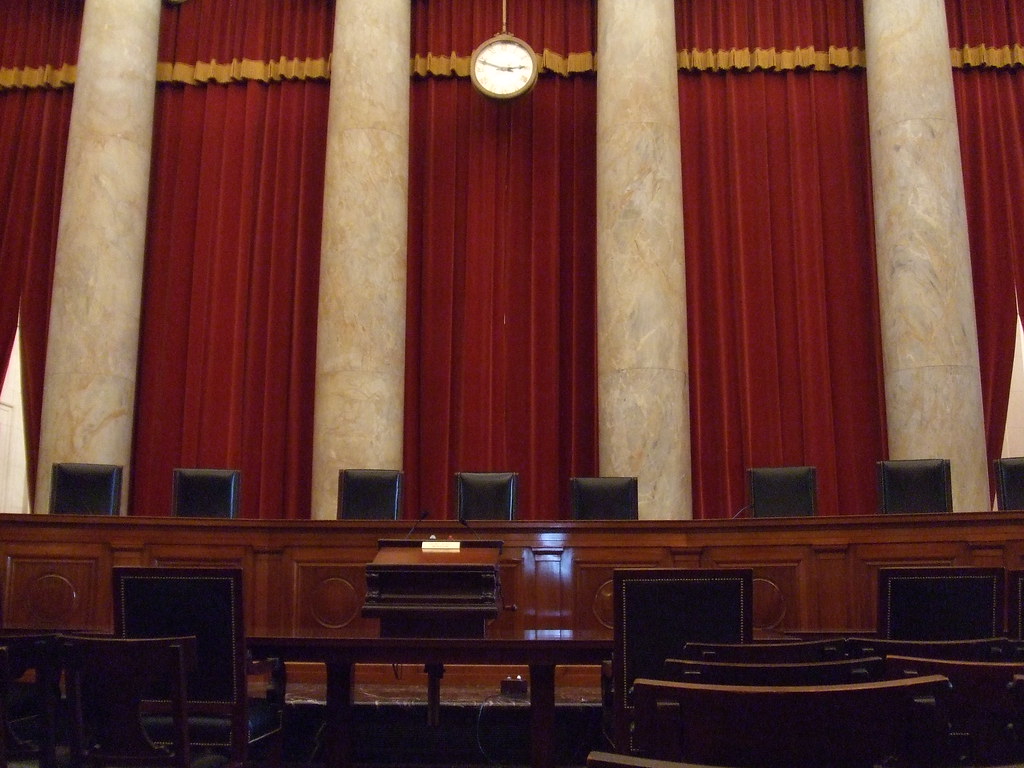
6. **”Sex, Drugs, and Rock N’ Roll”: The High-Octane Lifestyle**
The courtroom revelations surrounding Sean Combs’s past painted a vivid, often disturbing, picture of a life lived in the fast lane, characterized by what his own lawyers candidly described as “, drugs, and rock n’ roll.” This evocative phrase encapsulated a lifestyle fraught with excess, a high-octane celebrity existence where boundaries blurred and consequences often seemed distant. The defense, while not minimizing his conduct, contextualized his actions within a framework of severe substance abuse and the pressures of global fame.
The submission elaborated on this characterization, stating, “Mr. Combs had severe substance abuse problems throughout the entirety of the offense conduct and participated in a high-octane celebrity lifestyle.” This analytical framing suggests his actions were, in part, a product of an environment where indulgence was unchecked. The lines between consensual and coerced behavior could easily become obscured by the haze of celebrity, power dynamics, and substance influence, offering an explanation, if not an excuse.
This portrayal serves a dual purpose: it acknowledges a tumultuous past that aligns with public perceptions, while also setting the stage for his purported transformation in prison. By openly addressing the “, drugs, and rock n’ roll” narrative, his legal team sought to demonstrate an understanding of the gravity of the accusations and the lifestyle that fueled them. It positions his current sobriety and introspection as a direct break from this problematic past, presenting him as a man who has finally reckoned with destructive forces.
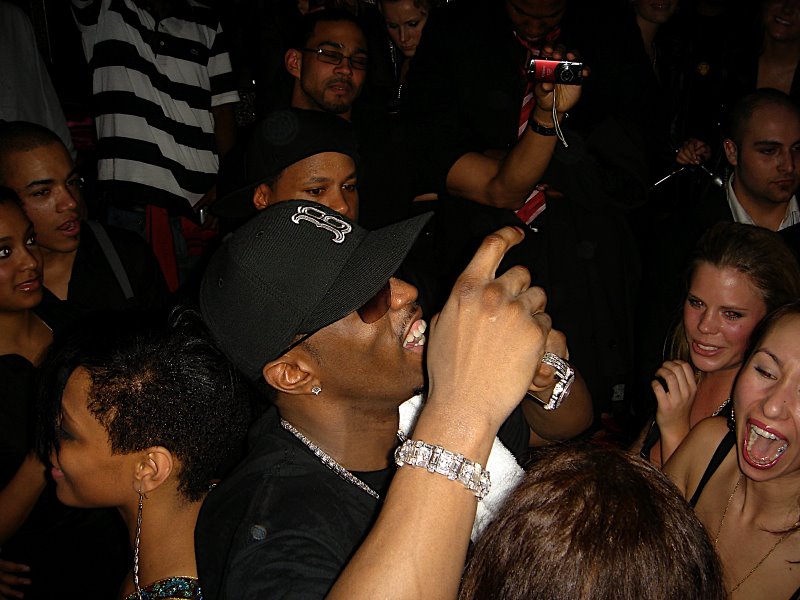
7. **Testimony of Former Girlfriends: “Freak-Offs” and Violence**
Central to the prosecution’s case, and perhaps the most damning aspect of the trial, was the lengthy and harrowing testimony from Sean Combs’s former girlfriends. These personal accounts laid bare a pattern of behavior both disturbing and revelatory, detailing what they described as drug-fueled marathons with male sex workers, often referred to as “freak-offs,” which Combs allegedly watched and sometimes filmed. Their narratives painted a stark picture of pressure, control, and violence within his intimate relationships.
R&B singer Cassandra “Cassie” Ventura, Combs’s most frequent girlfriend from 2007 to 2018, testified she felt forced to participate in “hundreds” of these meetups. Her testimony, coupled with other evidence, described being beaten by Combs when she displeased him, revealing a coercive dynamic. This was further corroborated by surveillance video, released in May 2024, showing Combs physically assaulting Ventura in a hotel elevator lobby. Judge Subramanian cited this undeniable evidence as a factor in denying him bail.
Another ex-girlfriend, testifying under the pseudonym “Jane,” also recounted feeling pressured to perform ually with male sex workers during her relationship. “Jane” further testified to experiencing physical violence, detailing an incident where Combs allegedly put her in a chokehold and punched her in the face. While defense lawyers conceded domestic abuse at trial, they argued specific prosecution charges were not proven for sex trafficking. These testimonies, however, offer a chilling glimpse into the alleged reality of Diddy’s personal life.
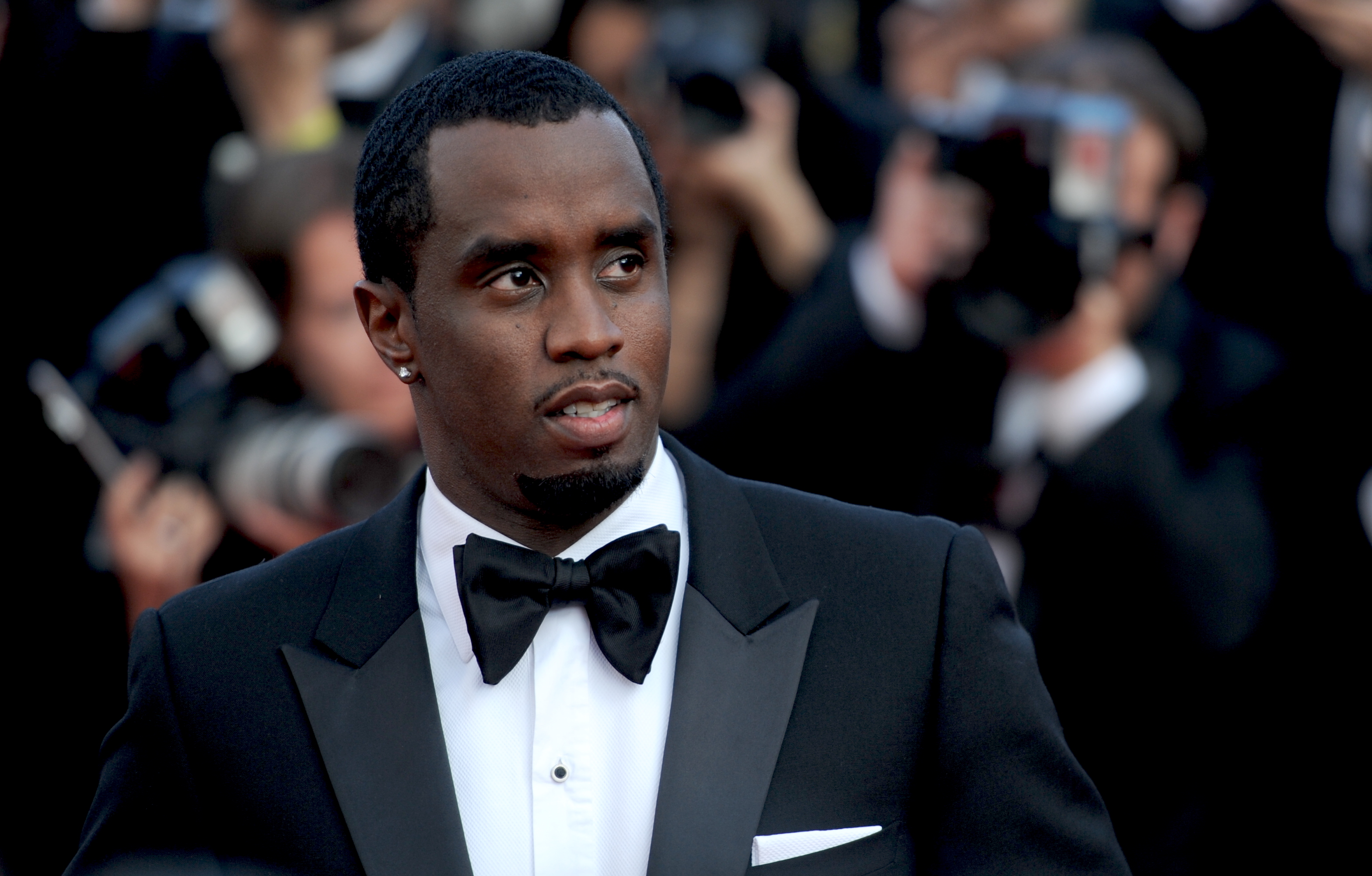
8. **The Defense’s Plea for Leniency: A Calculated Strategy**Sean Combs’ legal team has launched an impassioned and multi-faceted defense, urging Judge Arun Subramanian to impose a sentence of no more than 14 months, a term that would effectively mean immediate release given his time served. Their central argument posits that Combs has already endured “sufficient punishment” and is ready to re-enter society. This plea aims to showcase a client who has learned from his mistakes.
Sean Combs’ legal team has launched an impassioned and multi-faceted defense, urging Judge Arun Subramanian to impose a sentence of no more than 14 months, a term that would effectively mean immediate release given his time served. Their central argument posits that Combs has already endured “sufficient punishment” and is ready to re-enter society. This plea aims to showcase a client who has learned from his mistakes.
Crucially, the defense emphasized the jury’s split verdict as a “loud message” and an “affirmative indication of innocence” on the most severe charges. While convicted of two Mann Act violations, Combs was exonerated on racketeering conspiracy and trafficking. His lawyers contend this differentiation demonstrates a lack of evidence for coercion or force, suggesting the court should respect this nuanced finding.
The legal team further contended that the court’s probation department’s recommendation of 70 to 87 months in prison is “infected” with errors. They accused prosecutors, who anticipate 51 to 63 months, of having “lost all perspective” in their zeal for a lengthy term. These disagreements over sentencing underscore the high stakes involved.
Adding another layer, Combs’ lawyers revealed he rejected a plea deal prior to trial. That deal would have recommended at least 25 years and required him to plead guilty to crimes of which he was acquitted. This decision, they argue, aligns with a vision for the courts to “restore and rehabilitate,” not solely punish.

9. **A Changed Man: Diddy’s Journey to Transformation Behind Bars**
Amidst the legal maneuvering, a compelling narrative of personal transformation has emerged from Sean Combs’s time in the Metropolitan Detention Center Brooklyn. His lawyers present him as a “changed man,” who, for the first time in 25 years, has achieved sobriety. This profound shift, they argue, is a direct result of incarceration, stripping away the excesses of his former life and forcing deep introspection and personal growth.
The defense explicitly linked Combs’s past “violent acts” and problematic behavior to his “overuse of drugs, including some prescribed by doctors,” and his “high-octane celebrity lifestyle.” They framed his past conduct as, in many ways, “a ‘, drugs, and rock n’ roll’ story,” openly acknowledging severe substance abuse problems. By confronting these issues, he has begun to understand underlying factors that contributed to his downfall.
Combs himself, in a quote shared by his lawyers, offered candid reflection: “I used to call myself a king. But I didn’t act like a king. I didn’t act like a man.” He added, “This situation has made me become a man, a man who knows and understands his responsibilities.” This admission signals a dramatic shift in self-perception, moving to a more grounded understanding of accountability and duty, especially towards his family.
His legal team noted that while there were days in jail when he was so depressed he “was unable to get out of his bed or even talk to the psychology department,” he now “looks forward to the future.” This upward trajectory from despair to renewed purpose underscores the argument that his time in prison has served as a crucible for meaningful positive change.

10. **”Free Game with Diddy”: Mentorship from Confinement**
Beyond personal transformation, Sean Combs has actively sought to contribute positively within the confines of the Brooklyn detention center, leveraging his entrepreneurial acumen to benefit his fellow inmates. His lawyers highlighted the development of a unique education program, which he calls “Free Game with Diddy,” designed to equip other incarcerated individuals with essential life and business skills. This initiative stands as a tangible manifestation of his purported rehabilitation and a commitment to helping others.
The “Free Game with Diddy” program focuses on practical, real-world knowledge in areas such as business management, entrepreneurship, and personal development. These are skills that Combs himself famously applied in building his multi-faceted empire, and he is now sharing that experience with those around him. This endeavor offers a stark contrast to the destructive behaviors of his past, illustrating a pivot towards constructive mentorship and community engagement, even in the most restrictive of environments.
His attorneys emphasized that this education program has rapidly become “one of the most impactful and important endeavors of his life.” Combs reportedly harbors ambitions to expand this program to state-run facilities once he is released, suggesting a long-term commitment to using his experiences for the benefit of others. This forward-looking aspiration reinforces the image of a man eager to channel his energy into positive societal contributions rather than reverting to old ways, creating a legacy of empowerment from within the prison walls.
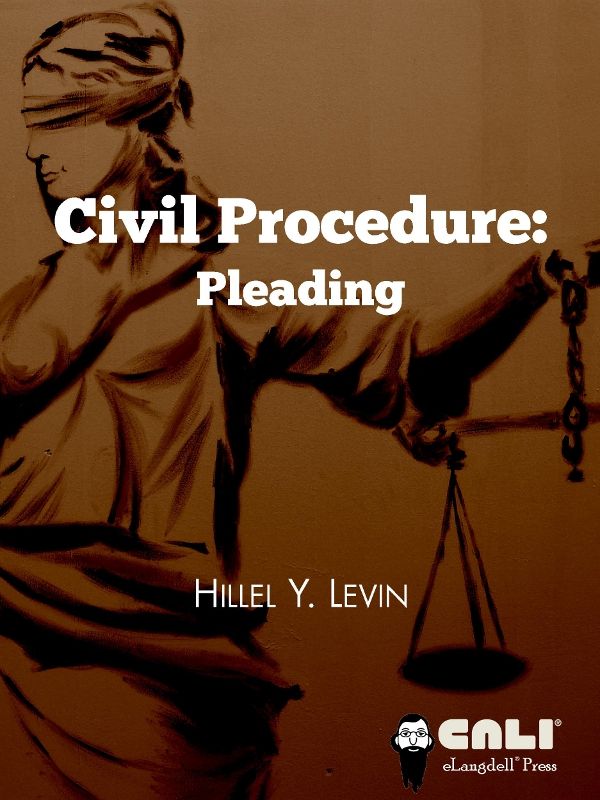
11. **A Chorus of Support: Family and Industry Unite for Diddy**
In a powerful display of loyalty, over 70 letters from family, friends, and industry figures were submitted, pleading for leniency in Sean Combs’s sentencing. These heartfelt appeals offer a starkly different portrait of Diddy than the prosecution’s, focusing on his roles as a dedicated father, a generous friend, and a supportive mentor. The sheer volume and emotional depth of these letters aim to humanize a figure often perceived through scandal.
At the core of these appeals is Janice Combs, Diddy’s 84-year-old mother, who acknowledged her son’s “terrible mistakes” but pleaded to “spend the last few years of my life with my son.” She lamented her grandchildren’s “sleepless nights” and expressed concerns about her own health, underscoring the profound familial anguish.
Former romantic partners also stepped forward. Rapper Caresha Brownlee (Yung Miami) described Combs as “loving, genuine,” and motivating, crediting him with personal and professional growth. She highlighted his efforts to “open doors for Black people” and noted his commitment to “anger management, start therapy, and commit to physical healing.” Sarah Chapman observed a “much calmer and drug-free with a clear mind” Sean during his incarceration. Dana Tran noted his absence had taken a “noticeable toll” on their two-year-old, stressing his presence.
His adopted son, Quincy Brown, described Combs as the “only father figure in my life” who provided unique love. Brown acknowledged his “Pops isn’t a perfect man, but he is a dedicated father.” Sons Christian and Justin Combs echoed this, admitting his imperfections but emphasizing their love and need for their father to return home. Industry veterans Dallas Austin and Stevie J extolled his “positive influences” and commitment to becoming a better person, with Stevie J acknowledging shared “challenges with anger and drugs” and commending Combs’s newfound sobriety.
These letters collectively paint a multifaceted picture of Sean Combs, presenting him as a man with significant flaws but also undeniable positive attributes and an evolving capacity for change. They stand as a powerful testament to the personal bonds he has forged, aiming to sway the judge towards a compassionate sentence.
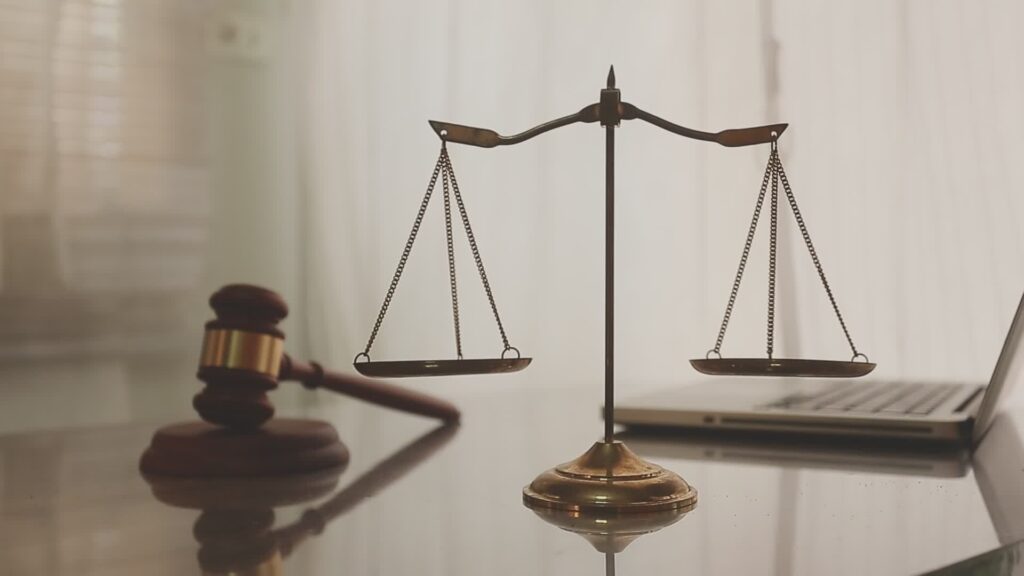
12. **The Unyielding Stance: Prosecutors and the Bail Rejections**
Despite the defense’s fervent pleas and chorus of support, prosecutors have maintained an unyielding stance, signaling their intent to seek a “substantially longer” prison sentence. While initially projecting four to five years, recent statements indicate they will argue for a much steeper penalty, potentially aligning with 51 to 63 months. This firm opposition highlights the significant chasm between the prosecution’s view of justice and the defense’s arguments for immediate release.
Judge Arun Subramanian has, on multiple occasions, sided with the prosecution’s concerns, notably rejecting Sean Combs’s proposed $50 million bail package. This denial, coming after his July conviction, clearly signaled his belief that Combs is not on the verge of release. The judge cited Combs’s “violence in his personal relationships,” pointing directly to the undeniable video evidence of him physically assaulting Cassie Ventura.
The legal battle extends beyond sentencing recommendations. Combs’s defense attorneys have formally asked the court to toss his two Mann Act convictions, arguing for either an acquittal or a new trial. The prosecution on August 21 urged the Manhattan federal court to reject this request, demonstrating their unwavering commitment to upholding the jury’s verdict. These post-conviction motions underscore the contentious nature of the proceedings.
As the October 3 sentencing date looms, prosecutors view Combs’s “extensive history of violence” and attempts to minimize his conduct as evidence that he remains a dangerous person, justifying a longer incarceration. The defense, however, portrays a man already severely punished and transformed, whose perspective sharply contrasts.

13. **Beyond Criminal Charges: The Looming Weight of Civil Lawsuits**
Even as Sean Combs faces the critical juncture of his criminal sentencing, a separate and equally formidable legal battle looms large: over 80 civil lawsuits have been filed against him since his arrest. These numerous cases stem from a cascade of serious allegations, including drugging, ual assault, and coercion. While distinct from criminal proceedings, their collective weight adds another layer of profound legal and financial peril to his already complex situation. These will persist long after his criminal sentence is determined.
It is crucial to understand that civil lawsuits operate under different legal frameworks than criminal charges. Unlike criminal convictions that can lead to imprisonment, civil actions aim to establish liability and typically result in monetary damages awarded to the plaintiffs. In Combs’s case, these damages could be substantial, potentially leading to the erosion of much of his remaining wealth and business interests, regardless of his criminal sentence.
The sheer volume of these civil cases, some reportedly including his own children, indicates a widespread and enduring impact of the allegations. These lawsuits reflect a continuing pursuit of accountability by those who allege harm. They will likely ensure Sean Combs remains embroiled in legal challenges for years to come, presenting a significant and ongoing test of his resources and resilience, even if he achieves early release from criminal incarceration.

14. **The Presidential Pardon Question: Fact, Fiction, and Diddy’s Desire**
In a surprising turn, the question of a potential presidential pardon briefly entered the public discourse. The speculation was ignited when one of Combs’s attorneys, Nicole Westmoreland, reportedly informed CNN that it was her “understanding” the defense team “had conversations in reference to a pardon.” This statement immediately sparked media attention, hinting at a high-level maneuver to circumvent the judicial process.
However, the narrative quickly became muddled by conflicting statements from within Combs’s own legal camp. His lead attorney, Marc Agnifilo, vehemently denied these claims, telling CBS News, “I have nothing to do with a possible pardon.” He further clarified, “I have had conversations with nobody. I have not spoken to the president. I have not spoken to anybody who speaks to the president about Sean Combs. I have not.” This stark contradiction left the public to ponder the veracity of the initial report.
Despite his lead attorney’s denials, it was revealed that Sean Combs himself has harbored a clear desire for a pardon. Agnifilo recounted a conversation where Combs explicitly instructed him, “‘Go tell him (Mr. Trump) that I need a pardon.’ Agnofilo said. ‘Go tell him I deserve a pardon.’ That’s what he said.” This direct appeal from Combs highlights his personal belief that he warrants presidential clemency, reflecting a sense that his punishment has been sufficient.
The mere suggestion of a presidential pardon for a figure embroiled in such high-profile legal battles raises significant ethical and political questions. While Agnifilo’s denials largely quelled immediate speculation, the very possibility underscores the extraordinary lengths to which Combs might go. It remains a fascinating footnote in a story already rich with power, privilege, and downfall.
As Sean “Diddy” Combs awaits his October 3 sentencing, the world watches, contemplating the trajectory of a man whose name once defined an era of hip-hop excellence. His story, from cultural titan to federal courtroom, is a raw and complex tapestry woven with threads of success, addiction, alleged violence, and now, a purported journey towards redemption. The coming weeks will not only seal his immediate fate but will also offer a stark reflection on celebrity, accountability, and transformation. What truly awaits Diddy – a swift return to society or an extended period of confinement – remains a pivotal question, defining the next chapter of an extraordinary, and undeniably controversial, life.



